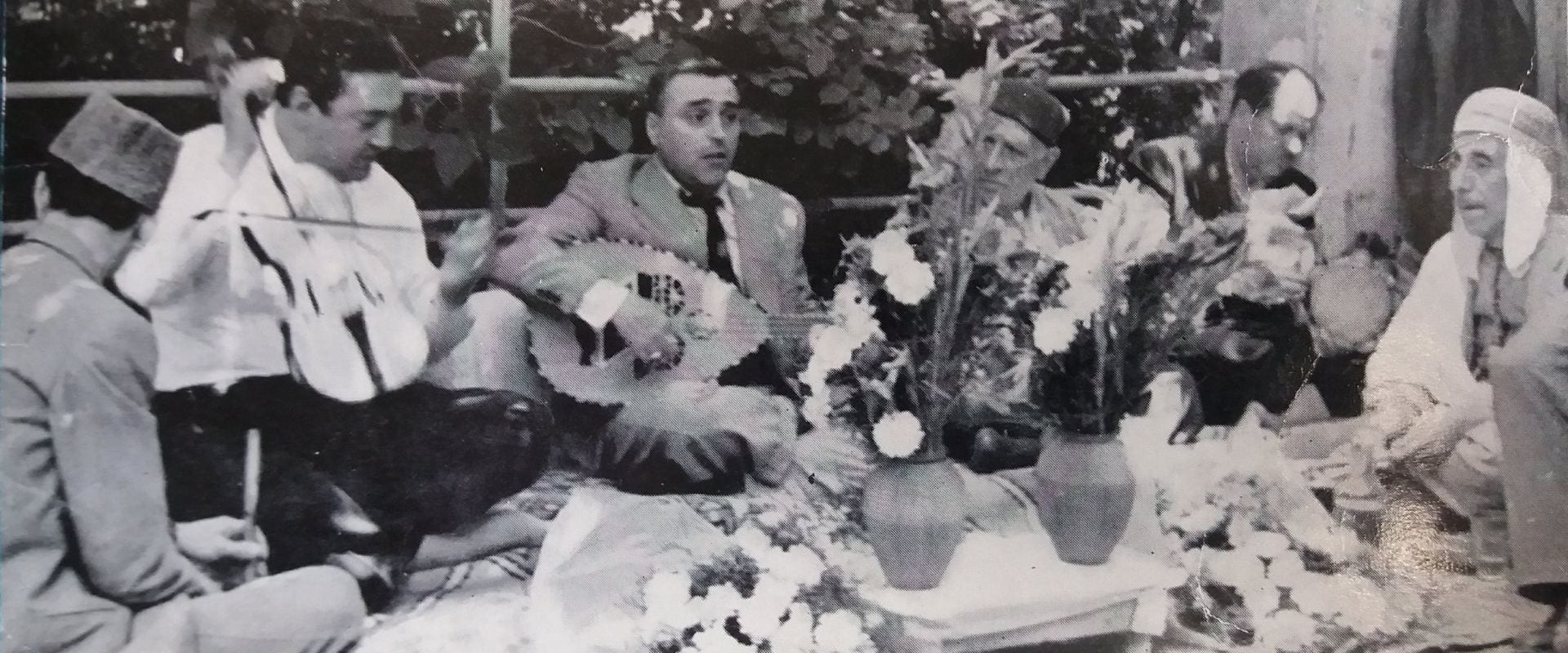
Jews of the Middle East have a long and rich history of contributions to the culture of the region, including its music. During the first half of the twentieth century, Middle Eastern Jews played a major role in the development of modern culture in the region, and especially in the realm of music. After the creation of the state of Israel, and the subsequent migrations, forced or otherwise, of Jews from Middle Eastern countries, this vital role gradually diminished. The rich histories of Jewish participation in the cultural life of the region have largely been forgotten, expunged from official records, or re-cast in simplistic anti-Zionist narratives.
Meanwhile, Jews of Middle Eastern origin living in Israel have, over the decades, variously revived and refashioned Middle Eastern music, which today enjoys crossover appeal. In the Arab world, Turkey and Iran, music produced by Middle Eastern Jews past and the present, continues to circulate, often through underground channels or via the internet. Meanwhile in Europe, and especially among a younger generation of Arab background, there has been something of a revival of interest in the Arab Jewish, and particularly North African, musical traditions.
The conference participants are among the most accomplished scholars working in this expanding field in Middle East Studies. They will present on a wide range of topics, including: the gendered dimensions of Jewish Moroccan public and private musical performance; women performers in Iraq, working both in nightclubs and in traditions sanctioned by the Rabbinate; traditional and modern musical trends among Kurdish Jews in Israel; Mizrahi singers in Israel, performing in a variety of languages (Hebrew, Arabic, Ladino, Georgian, Turkish, Greek), an array of genres (Egyptian neoclassical, Sephardic, traditional Persian folk, electronic Yemeni folk), and to audiences in Israel, Turkey, Iran and the Arab World; the cultural politics of the Andalusian tradition in Algeria, Morocco and the North African diaspora; the roles played by North African Jews in the early gramophone recording industry and the construction of new national traditions.